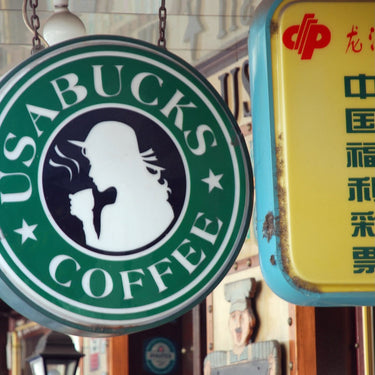Colombian coffee is known for its superior taste and aroma. Columbia has a rich history of coffee farming, perfect growing conditions, and unique varieties of beans. Its coffee usually boasts sweet notes such as chocolate, toffee, nuts and citrus fruits, and the mild acidity makes it smooth on the palate.
The South American country is one of the top producers of high-quality Arabica beans due to its ideal climate and moisture levels combined with traditional processing methods used by generations of farmers who have perfected their craft over time.
Coffee Plant Growing Conditions in Columbia
Colombian coffee is grown in ideal conditions for producing some of the best coffee beans in the world.
Columbia is perfect for growing Arabica beans, known for their high quality and excellent flavour profiles. The average temperature ranges from 15-23 degrees Celsius to encourage a smoother taste. Growing altitudes vary between 1,100 and 2,000 metres above sea level.
The rainfall also plays a crucial role in maintaining optimal soil moisture levels and providing enough water to ensure healthy crop growth throughout the year. Colombia's rainy season usually occurs between May and October, which helps guard against drought while still providing plenty of sun during the drier months to help develop intense flavours in the beans.
Columbian Coffee Processing Methods
The wet or dry processing method refers to the processing of coffee beans after harvest. In the wet process, known as 'washed' coffee, the ripe cherries are picked and then pulped using a machine that removes the outer layer of skin from each bean. The coffee beans are then soaked in water for up to two days before being dried off either by sun-drying them on patios and drying beds or mechanically with large rotating drums. This process helps remove any remaining fruit residue from the beans and creates a cleaner flavour profile compared to other methods. Columbia is the world’s largest producer of premium semi-washed Arabica beans.
The fermentation process is an integral part of Colombian coffee production as it helps bring out unique flavours within each batch of beans. During this step, freshly picked cherries go through a controlled oxidation period where enzymes break down natural sugars inside the fruit and create different acidity levels within each bean variety. Depending on how long this step is left to run, it will determine how much sugar remains in each bean, resulting in distinctive taste notes such as floral tones, chocolatey notes, fruity sweetness, and more subtle tastes like nuts or spices.
Once all these processes have been completed, it's time for grading and sorting, which is done by hand at most farms in Colombia. Specialised teams separate batches based on size (length), colour (shade) and density (weight). Coffee beans that pass these tests are graded into quality categories ranging from specialty export grade (the highest) down to commercial grade coffees, which often find their way into everyday blends used for brewing espresso shots etc. Quality control teams also check for defects such as mould spots or discoloration during this stage ensuring only high-quality coffee beans make it through onto supermarket shelves around the world!
At Rave Coffee, we only sell Colombian coffee graded 82 points or more for a high-quality cup of coffee, every time. Discover our best-selling single-origin blend named Columbia El Carmen No 50 to honour the producers we have been supporting. #Colombia
Culturally Distinct Roots
Coffee is an integral part of Columbia's identity. For centuries, Colombian farmers and their families have dedicated themselves to growing and producing high-quality coffee beans. Many small towns in Colombia still follow traditional methods of harvesting and processing, which have helped them maintain their cultural roots and produce unique varieties of Arabica coffee beans.
At the same time, however, there is also a social impact associated with the Colombian Coffee industry due to its large-scale operations, which often employ workers who are not paid fair wages or given adequate working conditions. This situation has led to protests by workers' rights activists who argue that these practices need to change if this sector is going to continue thriving in Colombia. In addition, environmental concerns about deforestation caused by expanding plantations and the use of pesticides/herbicides on crops, which can be damaging both locally and further afield, have also been raised.
Fortunately, initiatives are being taken at all levels, from the government down through NGOs aimed at creating sustainable practices within this sector so it can continue providing livelihoods for many Colombians while helping protect natural habitats.
Colombian coffee will remain one of life's great pleasures for years to come - but buying ethically sourced Colombian coffee can ensure each cup tastes delicious while respecting both people & planet alike! At Rave Coffee, we support local growing regions with our 1% for the Planet scheme, so you can be sure you're giving back to the South America Coffee Region.






